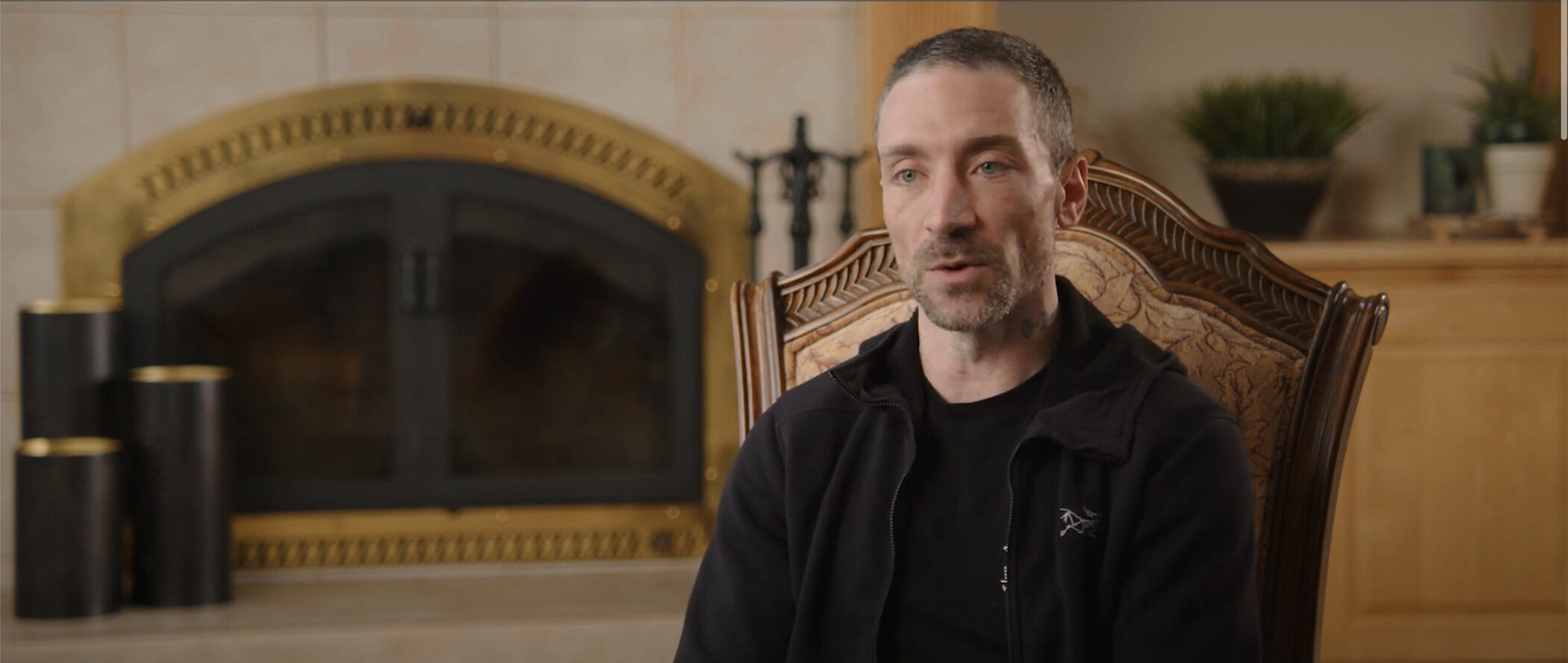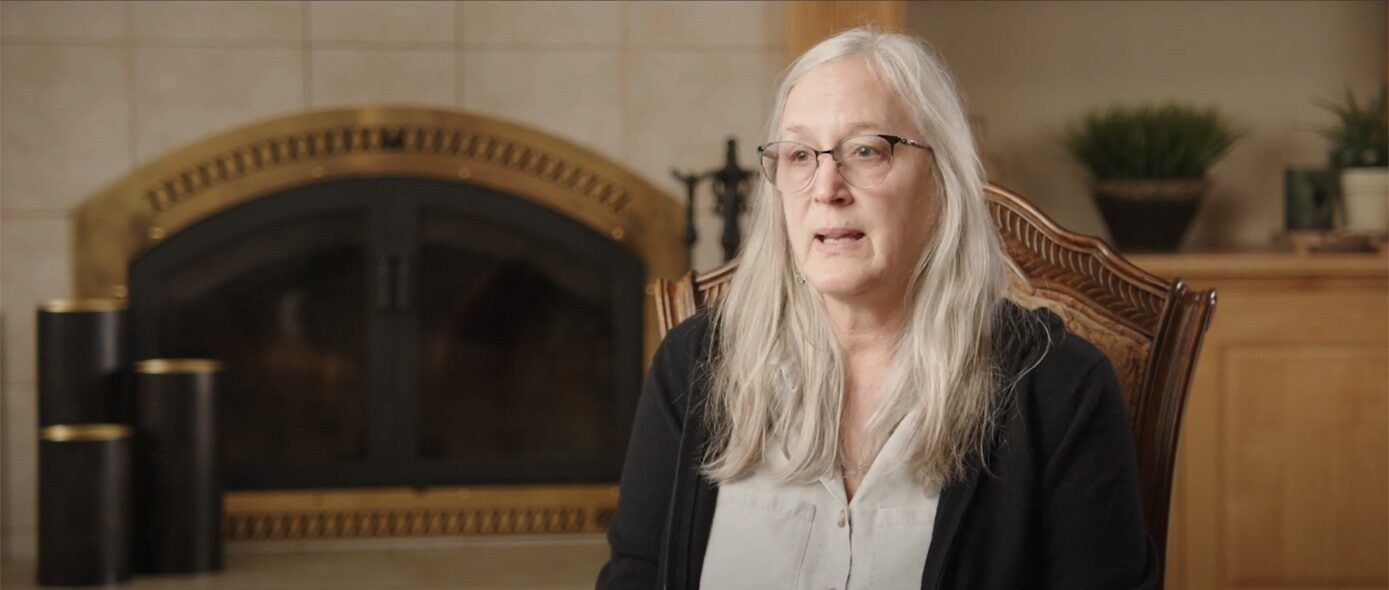Boat Collisions
Like cars, boats can also get in collisions, often as a result of stormy weather, instrument malfunction or improper operating procedure. Boat collisions can be catastrophic for a victim, resulting in serious injuries or even fatalities, due in part to the fact that crew members rarely have the in a position to brace for a collision as well as in a car.
Maritime Boat Collision Lawyers
Boat collisions can result in the serious injury and possible death if a crew member hits their head, suffers a long fall or even goes overboard. Aside from the physical pain, collisions can cause emotional trauma and significant financial challenges. The recovery process may be long and difficult, decreasing the victim’s quality of life.
It takes a strong attorney to stand up to employers, which is why Boatlaw, LLP was founded. The lawyers at Boatlaw, LLP specialize in maritime law, including the Jones Act and the Longshore and Harbor Workers’ Compensation Act.
If you’ve been involved in a boat collision and suffered an injury as a result, or if a loved one was killed as the result of a boat collision, then you need to call Boatlaw, LLP today to begin work on your case.
Call Boatlaw, LLP at 1 (800) 262-8529 to secure an initial consultation.
Information Center
- Types of Boat Collisions
- Causes of Boat Collisions
- Common Types of Victims in Boat Collision Cases
- Boat Collision Hotspots
- Potential Liable Parties for Boat Collisions
- Potential Damages in Boat Collision Cases
- Steps to Take After Falling Victim to a Boat Collision
- Filing Deadlines
- Additional Resources
- Hire a Maritime Boat Collision Lawyer
Types of Boat Collisions
Boat collisions can be categorized into several types based on the manner in which they occur.
Head-on collision – Two vessels crash into each other front to front. This type is particularly dangerous due to the direct impact on the vessels’ most vulnerable areas.
Side-impact collision – Also known as a T-bone collision, where one boat hits the side of another. This can cause significant damage to the structure of the impacted boat and is hazardous for those on board.
Rear-end collision – Occurs when one boat crashes into the back of another, often due to inattention or misjudgment of distance.
Grounding – Where a boat runs aground, potentially colliding with underwater hazards.
Allision – Involves a moving vessel colliding with a stationary object, such as a dock or anchored boat, causing damage to both the object and the vessel.
Causes of Boat Collisions
Several factors lead to boat collisions. Human error remains a significant cause, including poor decision-making or lack of attention by the crew.
Mechanical failures, like engine breakdowns or steering issues, can also lead to collisions. Weather plays a role too; fog, storms, and high waves can reduce visibility and control. Lastly, inadequate navigation or communication systems can contribute, particularly in congested waterways or during complex maneuvers.
Common Types of Victims in Boat Collision Cases
Crew members are often victims, facing injuries or worse because of the impact or subsequent events like fires or sinking. Passengers on commercial vessels like cruise ships can also be victims in these incidents. Additionally, workers on docks or in harbors can become victims if a ship allides with a stationary object. Lastly, the environment and wildlife can suffer, especially if collisions result in oil spills or other types of pollution.
Boat Collision Hotspots
Collisions usually happen in busy ports and shipping lanes. In Washington, Puget Sound and the Columbia River are common sites for incidents. California sees collisions in the congested ports of Los Angeles and San Francisco. Oregon’s Columbia River and the area around Portland are known for maritime accidents. In Alaska, the waters around Anchorage and the Aleutian Islands are typical spots for collisions, given the challenging weather conditions, heavy fishing, and cargo traffic.
Potential Liable Parties for Boat Collisions
In boat collision cases, the ship’s owner is usually liable, particularly if the collision resulted from inadequate maintenance or safety guidelines. Crew members, including the captain, can also be held liable if their negligence or errors contributed to the incident. Additionally, the company operating the ship might be responsible if they failed to comply with safety standards or properly train their crew.
The Jones Act allows crew members to seek compensation from their employers for injuries suffered in a collision due to the employer’s negligence.
Unseaworthiness claims target a ship’s owner if the vessel’s condition caused the accident. Showing negligence by the employer is not necessary in an unseaworthiness claim.
When a recreational boat operator or a passenger is involved in a collision at sea, resulting in personal injuries, they also may have the right to pursue a general maritime personal injury claim against the party responsible for the accident.
Additionally, the Death on the High Seas Act (DOHSA) is relevant, particularly in tragic circumstances where fatalities occur because of boat collisions. DOHSA covers deaths that occur beyond the country’s territorial waters, typically more than 3 nautical miles from its shoreline. DOHSA covers seamen, fishermen, and other maritime workers, as well as passengers on ships. This act allows family members to seek compensation for deaths caused by negligence occurring on the high seas.
Potential Damages in Boat Collision Cases
Under Jones Act claims and general maritime unseaworthiness claims, injured crew members can get compensation for lost wages, medical expenses, pain and suffering, and future earning capacity in cases of negligence. Maintenance and cure claims cover the victim’s medical treatment and living expenses during recovery, regardless of fault.
The Longshore and Harbor Workers’ Compensation Act allows injured maritime workers like dockworkers to claim medical benefits and compensation for lost wages.
In a general maritime claim involving a non-employee passenger victim or a victim harmed by a third party, damages can include compensation for medical expenses, pain and suffering, lost wages, and loss of enjoyment of life.
In cases of wrongful death under the Jones Act, the family of the deceased can seek compensation for their loss, including financial support the deceased would have provided and funeral expenses.
Partial fault of the victim, known as comparative negligence, can affect the amount of damages received in certain Jones Act claims and general maritime injury claims. Under this rule, if the victim is partly at fault for the collision or their injuries, the compensation can be reduced proportionally to their amount of fault.
Steps to Take After Falling Victim to a Boat Collision
After a boat collision, victims should:
- Ensure safety and seek medical attention for any injuries.
- Report the incident to the appropriate authorities, including the Coast Guard and employer, if applicable.
- Contact a maritime lawyer.
A lawyer plays a major role in helping victims. They offer legal advice, helping victims understand their rights under maritime laws. The lawyer can investigate the collision, gather evidence, and identify liable parties. They help file claims, negotiate with insurance companies, and represent the victim in court if necessary. A boat collision lawyer aims for the victim to receive the most compensation possible for their injuries, losses, and other damages resulting from the collision. They can manage the legal process, making it less overwhelming for the victim.
Filing Deadlines
There are strict deadlines for filing legal claims.
| Case Area | Statute of Limitations |
| Negligence under Jones Act or Unseaworthiness | 3 years |
| Death on the High Seas Act (DOHSA) | 3 years |
| LHWCA Claims | 1 year |
Additional Resources
Office of Marine Safety – The NTSB’s Office of Marine Safety investigates marine accidents to find out why they happen and to recommend safety improvements. It looks into major accidents involving US vessels or in US waters, including those with significant loss of life, property damage, or environmental threats. The office’s work helps prevent future accidents by making and promoting safety recommendations. It also participates in international efforts to improve marine safety and investigation processes.
Marine Casualty Reports – The U.S. Coast Guard’s Marine Casualty Reports page provides access to investigations of marine, outer continental shelf, and commercial diving casualties. These reports explain the Coast Guard’s findings on the causes and circumstances of accidents and suggest measures to prevent future incidents. They serve as a valuable resource for the maritime community, offering insights into accident prevention and improving the safety of marine operations. The Coast Guard also uses these reports to inform safety regulations and guidelines.
NOAA Rediscovers Golden Gate Shipwreck – NOAA’s account of rediscovering the shipwreck of the SS City of Chester offers a glimpse into maritime history and the advancements in underwater surveying. Over a century after its collision and sinking near the Golden Gate, the use of modern sonar technology has brought the story of the City of Chester back to light.
Hire a Maritime Boat Collision Lawyer
Do not settle for less than what your case is worth. Hire a maritime law firm with a track record of securing millions for maritime workers.
We litigate maritime cases across the country from our offices in Washington, Oregon, and California.
Call Boatlaw, LLP at 1 (800) 262-8529 to secure an initial consultation.











